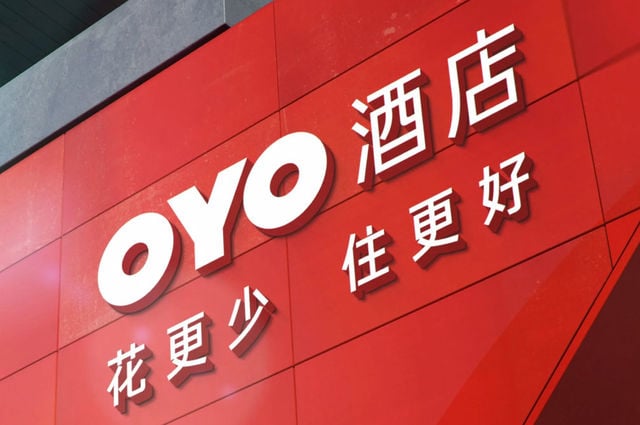Is OYO Hotels the next WeWork of the hospitality industry?
8 experts shared their view
Funded by SoftBank, which also bankrolled WeWork, today OYO has a a valuation of $10 billion (more than Choice Hotels and Wyndham Hotels combined) and boasts being the fastest growing chain in the world with over 1 million rooms in its portfolio. Beneath the PR glitz some industry experts see major structural and business model flaws: overhyped tech stack that often fails, "novel" revenue management approach of pursuing occupancy at any cost by lowering rates in periods of peak demand without the approval by ownership, as well as lack of brand recognition among the traveling public, forcing Oyo to rely on third-part resellers like Airbnb, HotelBeds, OTAs, etc. Is Oyo Hotels and Homes a great success story or is it another example of a cash-burning startup that will crash the moment cash infusions dry up?
Despite the many questions about its operating procedures and even its added value, OYO is challenging the stagnant thinking that has characterized hotel chains for nearly a generation. Despite claims about their innovativeness, hotel chains, and in particular their outdated, non-performance related, business models have stifled both creativity and change. Even if it hasn't got it right as yet (remember a key characteristic of startup companies is 'iterate', OYO at least is forcing hotel owners to think long and hard about what they want (and perhaps do not want) from a brand. Something that can only be a good thing in the long run!


